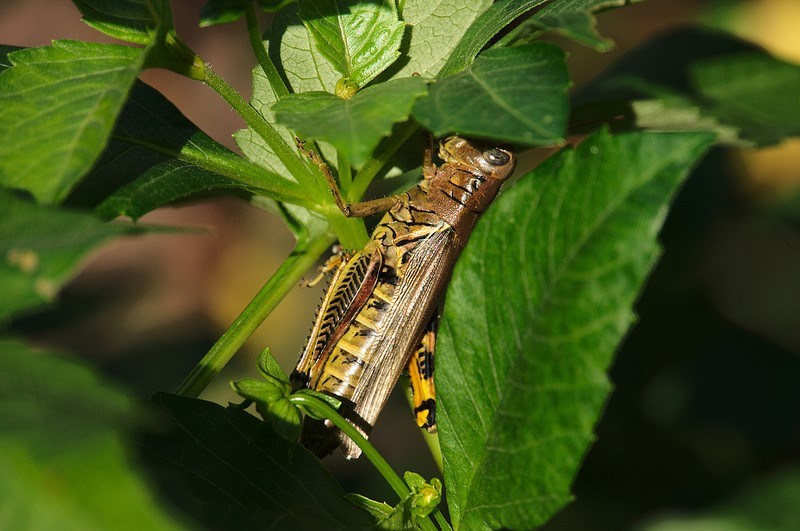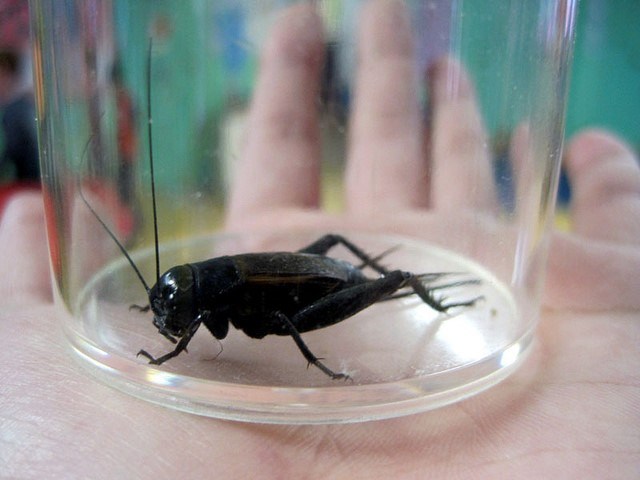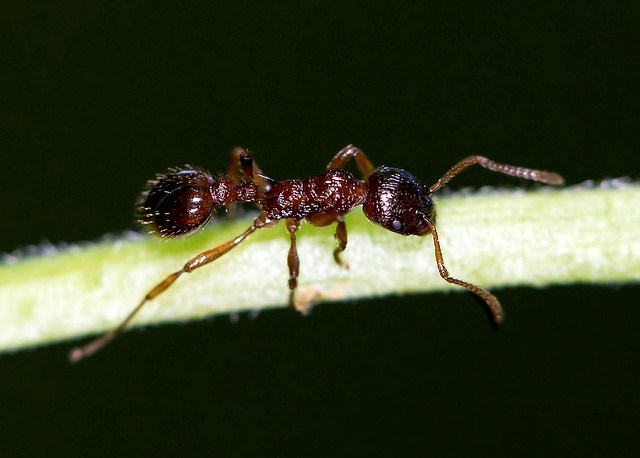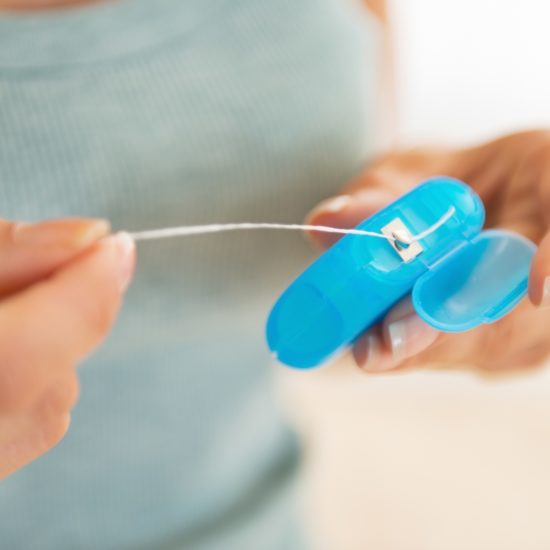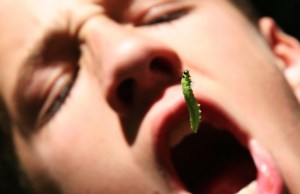
When you’re out hiking or camping, you can never be sure of what awaits. A simple unpredictable weather event or losing track of where you are on that hike into the wilderness, can ruin everything including your clothing and food. For some reason, you might be forced to stay in the jungle longer than you had planned. But regardless of what happens, the last thing you want to be is starving. The great news is, you can never starve in a jungle – if you are motivated, but it is always up to you differentiate between what is safe for eating and what is not.
As a regular camper, I would suggest that you turn to insects. Reason being, they are rich in nutrients including proteins, fiber as well as fats you will need to survive in the jungle. Another great piece of news is that it is unlikely that they will make you sick. But just like any other food, there are those insects that are safe for eating as well as those that are not.
This post has compiled a list of five edible insects that might save you from starving when you are stuck in the jungle. They are easy to access, could allow you to survive in the jungle, and the best part is they don’t require a long procedure to prepare.
Locusts
One insect you can never miss while you are out in the jungle is a locust. Locusts are always everywhere and most importantly, nutritious. Up to 50 percent of locust’s dry weight contains protein which is quite high than what you will find in cows. Other valuable nutrients include fats, carbohydrates and more.
You can catch more locust during the day because that is the time they are most active. All you need is some net. But make sure you release them in some bucket immediately, you’ve caught enough to prevent them from eating your net. You can then prepare some locust meal, by dry roasting them, adding some salts and serving.
Crickets
Crickets serve as an excellent source of food in many parts of the world. They are also among the most nutritious insects you can easily catch in the jungle. For example, 100 g of crickets has up to 121 calories, 5.5 grams of fat, 12.9 g of protein.
The insect also packs many nutrients including calcium, phosphorous and much more. To catch some crickets, place some sugar into a deep bowl or a jar. Find their location and sink the jar into the ground. Leave it there overnight and expect a large meal of crickets very early in the morning. You can also store them for some time by adding a breathable material on top of the jar. You can then dry roast them, add some salt and eat them.
Ants
Ants are always everywhere and the best part, easy to catch. They are packed with proteins providing your body with the amino acids. They are also rich in copper, phosphorous and many other nutrients. Ants are easy to catch because they always match in one line. Just look around to see if you can find one or locate an ant hill.
If you’ve found an ant hill, place some stick through the opening. The ants will start climbing on it trying to bite it. When this happens, take the stick out and dunk the ants on the stick into a container filled with water. Once you have gathered enough, you can boil them for approximately, five minutes to neutralize the acid in them and then eat.
Termites
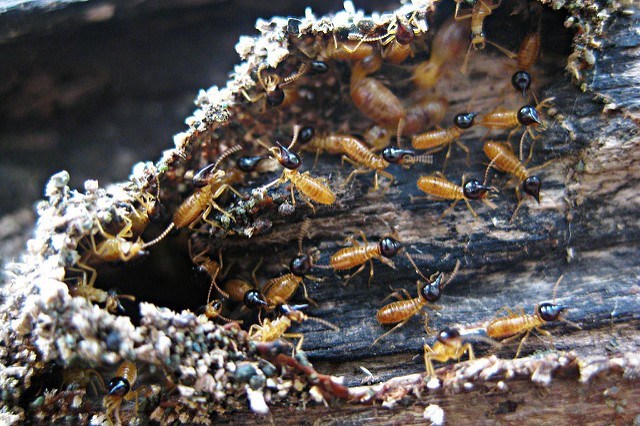
If you want something tasty, then you will love having some termites for lunch or dinner. Apart from being among the most nutritious insects in the jungle; they also offer a variety of health benefits. For example, they have been used for medicinal purposes, particularly in the rural areas of the world. Studies have also shown that they have some antiviral properties that make them effective in treating a variety of complications including asthma, bronchitis, sore throat, whooping-cough and more.
To catch some termites, break and open a log and then shake them out. If it is raining, you can place some light into a bucket. They will gather around the light. You can then collect as many as you want. Prepare them, by roasting them in a dry pan on a campfire.
Stinkbugs
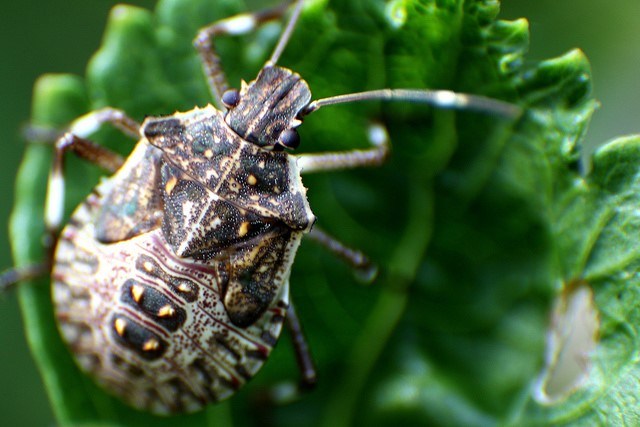
You might despise their name, but stinkbugs are great when prepared well. They are also among the best delicacies in Mexico. Apart from being nutritious, they offer a variety of health benefits just like termites. Stinkbugs are easy to access and catch during winter. You can find them hiding or taking shelter under logs or rocks, and sometimes you will see them on the open ground.
Stink bugs unlike many insects in this list can be eaten raw, but it is always advisable that you soak them in some warm water for approximately, 10 minutes then roast them in a dry pan. You don’t have to eat them immediately. After being boiled, stinkbugs can last a week without going bad.
Additional Tip
Even though most insects are nutritious and safe to eat, it is advisable that you be a little bit cautious when choosing your food. For example, experts advise that you avoid brightly-colored insects and those with strong smell because they can be toxic.
Also, remember; some of the edible insects mentioned here such as ants and the rest produce some toxic chemicals when offended. So, make sure you’ve prepared them well. Also, make sure that your cooking water is safe. No matter where you are planning to get your water, make sure it is boiled properly before use. If your only source is spring, I would suggest that you consider spring water testing.
Final words
If there is one thing I’ve learned about camping is survival. One fact is, a jungle has everything you need to survive, but it is up to you to figure that out. These five insects will without a doubt serve you well, but that never implies that they will be available at the location you will choose to set your tent or at the time you need them most. Using the methods mentioned above, make sure you’ve collected enough when you get the chance, prepare and store safely to use later.


